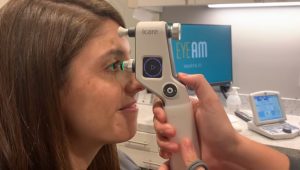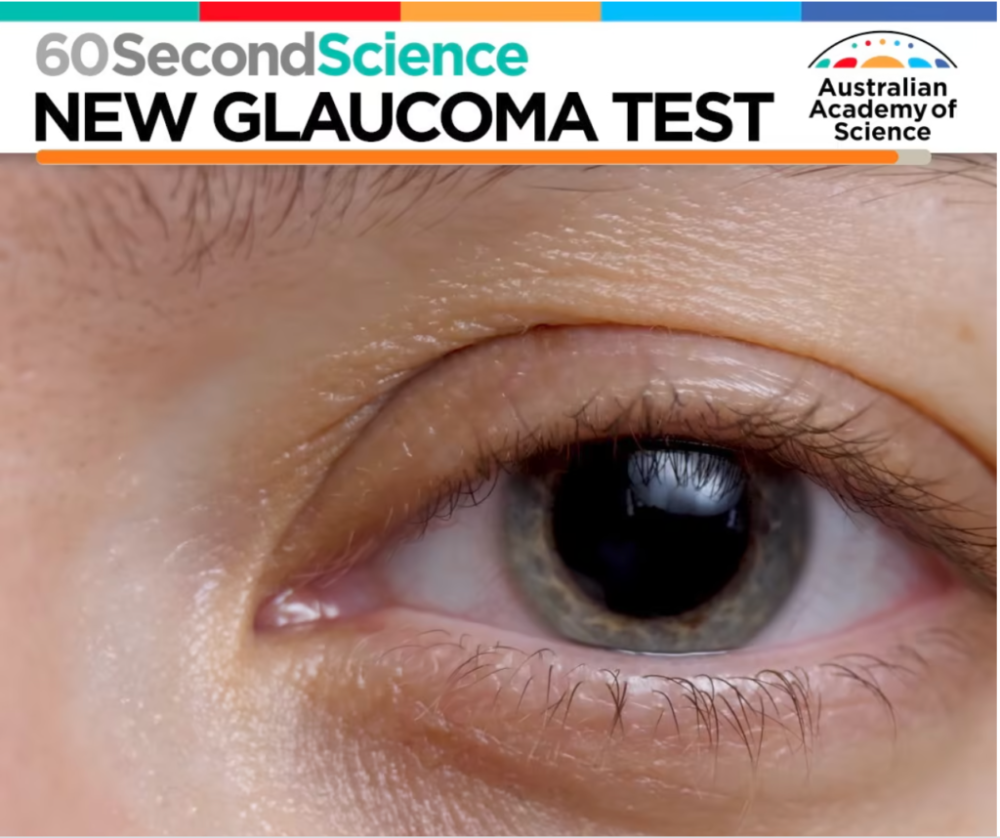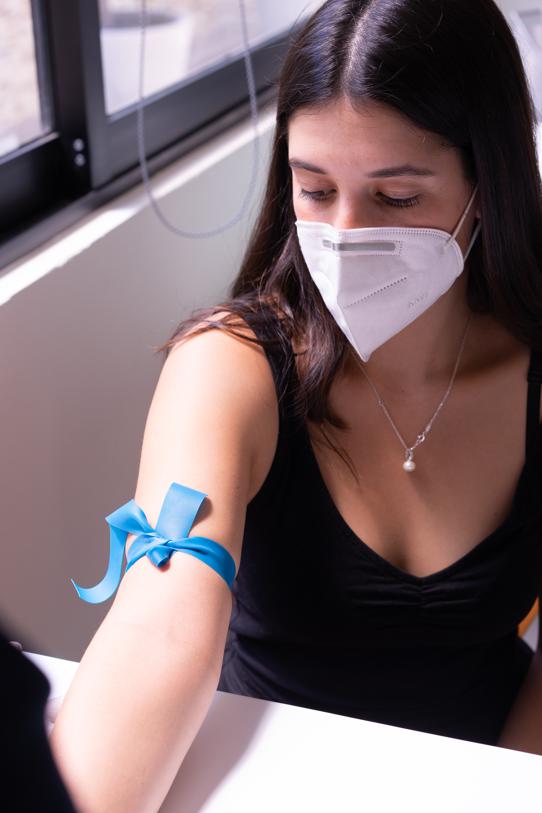Glaucoma Test In Nigeria Eye Health
Glaucoma Test in Nigeria Eye Health: Ensuring Early Detection and Treatment
Glaucoma is a serious eye condition that affects millions of people worldwide. It is the leading cause of irreversible blindness and visual impairment, making early detection and treatment crucial. In Nigeria, eye health is a growing concern, and having access to reliable glaucoma testing is vital for preserving vision. In this article, we will explore the importance of glaucoma testing, the available options in Nigeria, and how they contribute to overall eye health.
Glaucoma is a group of eye conditions that damage the optic nerve, which is responsible for transmitting visual signals to the brain. The most common type of glaucoma is called open-angle glaucoma, characterized by gradual vision loss and increased intraocular pressure. Without proper testing and treatment, glaucoma can lead to permanent vision loss and blindness.
The Importance of Glaucoma Testing
Early detection of glaucoma is crucial because it allows for timely treatment that can slow down or prevent further vision loss. Unfortunately, glaucoma often develops without noticeable symptoms in its early stages, earning it the nickname “the silent thief of sight.” Regular eye exams and glaucoma testing are essential to detect the condition before irreversible damage occurs.


A comprehensive eye exam includes various tests to assess overall eye health. However, specific tests are designed to diagnose glaucoma accurately. These tests assess intraocular pressure, optic nerve damage, and visual field loss. Some common tests include:
1. Tonometry:
This test measures the pressure inside the eye. Elevated intraocular pressure is a significant risk factor for glaucoma, making tonometry an essential diagnostic tool.
2. Optic Nerve Imaging:
High-resolution imaging techniques, such as optical coherence tomography (OCT) and confocal scanning laser ophthalmoscopy (CSLO), enable detailed examination of the optic nerve. These tests provide valuable information about the structure and integrity of the optic nerve, helping to identify signs of glaucoma.
3. Visual Field Test:
This test evaluates the peripheral vision by measuring a person’s ability to see visual stimuli at varying intervals. It is particularly useful in identifying early-stage glaucoma, as the condition often causes subtle peripheral vision loss.
Glaucoma Testing Options in Nigeria
In recent years, Nigeria has made significant progress in improving access to quality eye care services. Several healthcare facilities in the country now offer glaucoma testing as part of their comprehensive eye care services. These include private eye clinics, government hospitals, and non-profit organizations dedicated to eye health.
When considering glaucoma testing in Nigeria, some key options include:
1. Government Hospital Eye Clinics:
Government hospitals across Nigeria have established eye clinics that provide a range of eye care services, including glaucoma testing. These clinics are often staffed by experienced ophthalmologists and offer affordable or free services to those in need.
2. Private Eye Clinics:
Private eye clinics are another option for glaucoma testing in Nigeria. These clinics may offer more specialized services and have the latest diagnostic equipment. However, the cost of private services may vary, and it is important to inquire about fees beforehand.
3. Non-Profit Organizations:
Non-profit organizations focused on eye health, such as the Nigerian Optometric Association (NOA), often organize eye screening campaigns that include glaucoma testing. These events are typically held in partnership with local communities, enabling people to access testing and treatment free of charge or at a reduced cost.
It is important to note that glaucoma testing should always be performed by a qualified eye care professional. Seek recommendations from trusted sources or consult with your primary healthcare provider to find a reputable facility for testing.
Frequently Asked Questions
1. Can glaucoma be cured?
Glaucoma cannot be cured, but early detection and treatment can help slow down or prevent further vision loss. Treatment options may include prescription eye drops, oral medications, laser therapy, or surgery, depending on the severity of the condition.
2. Who is at risk of developing glaucoma?
Anyone can develop glaucoma, but certain factors increase the risk. These include age (60 and older), family history of glaucoma, thin corneas, high intraocular pressure, and certain medical conditions, such as diabetes and hypertension.
3. How often should I get tested for glaucoma?
The frequency of glaucoma testing depends on individual risk factors and the advice of your eye care professional. Generally, adults should have a comprehensive eye exam every 1 to 2 years, especially if they are over 40 years old or have risk factors for glaucoma.
Final Thoughts
Ensuring eye health is crucial for maintaining a good quality of life. Glaucoma testing in Nigeria plays a vital role in detecting this silent thief of sight early, allowing for timely intervention and treatment. Whether through government eye clinics, private facilities, or non-profit organizations, it is encouraging to see the growing availability of glaucoma testing options across the country.
Remember, early detection is key. If you or a loved one are at risk for glaucoma or experiencing any visual changes, schedule an eye exam today. Taking proactive measures to protect your vision can contribute to a lifetime of healthy eyesight.







